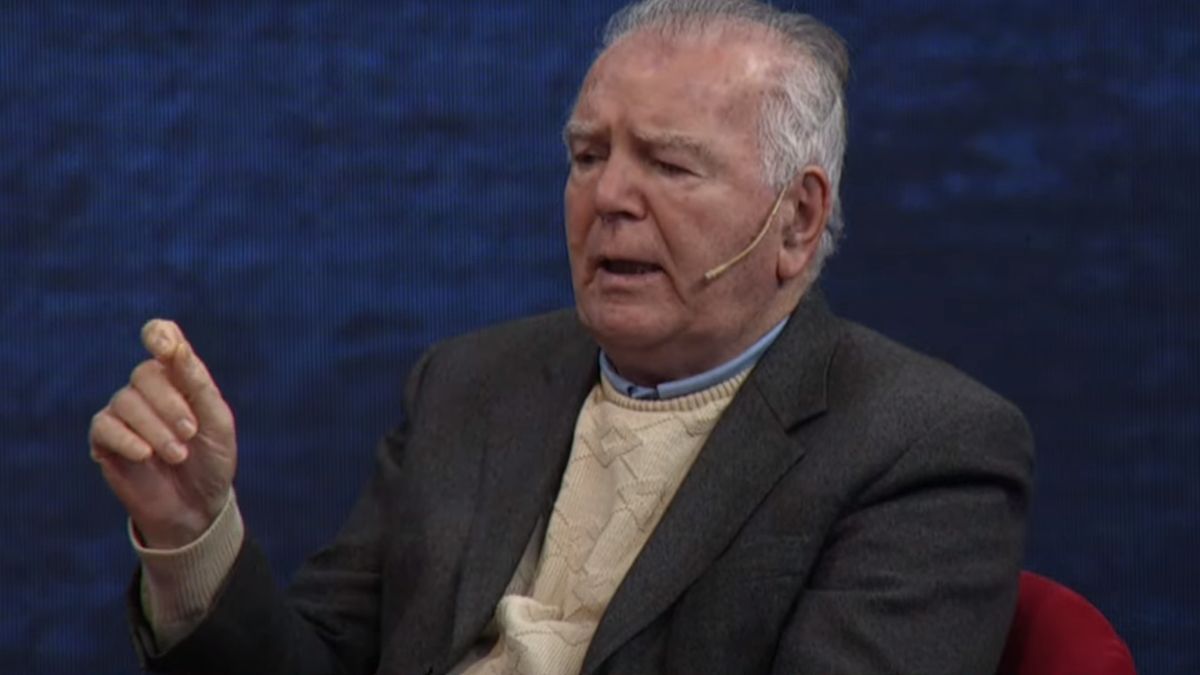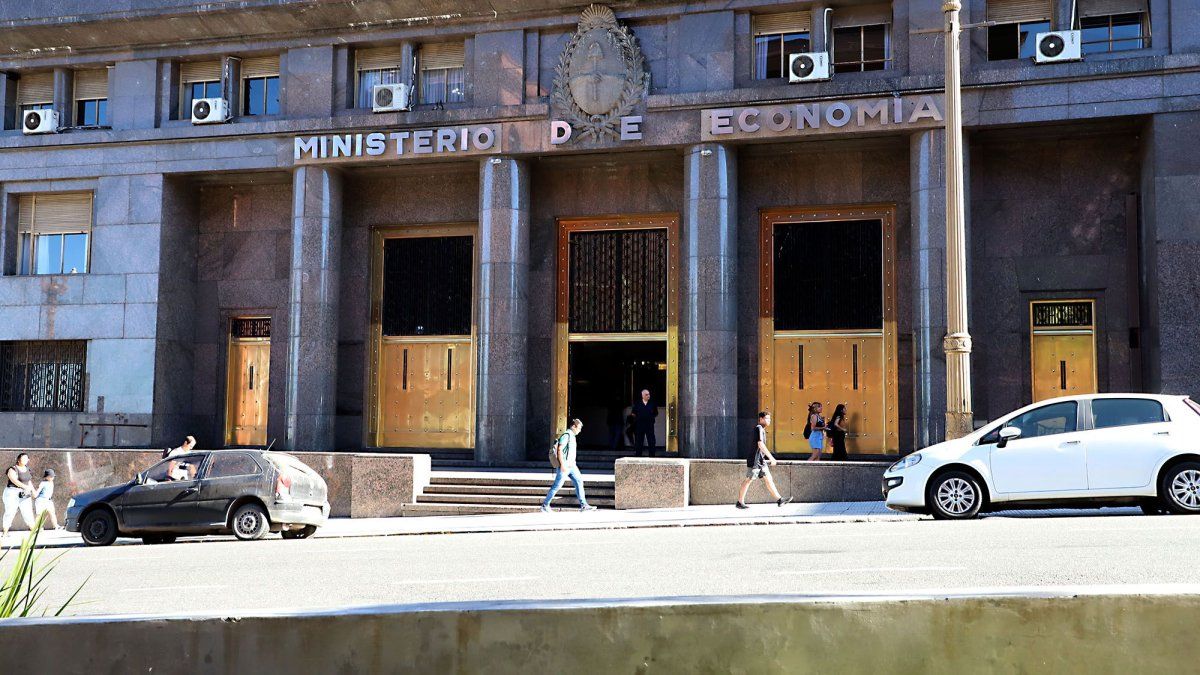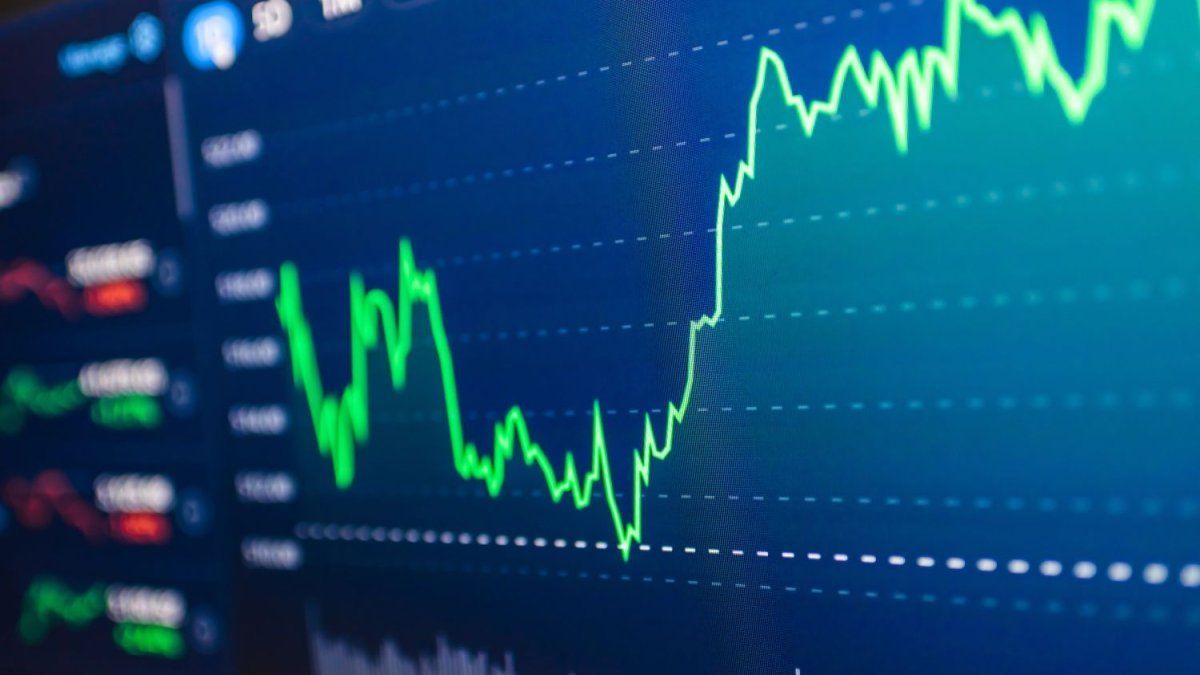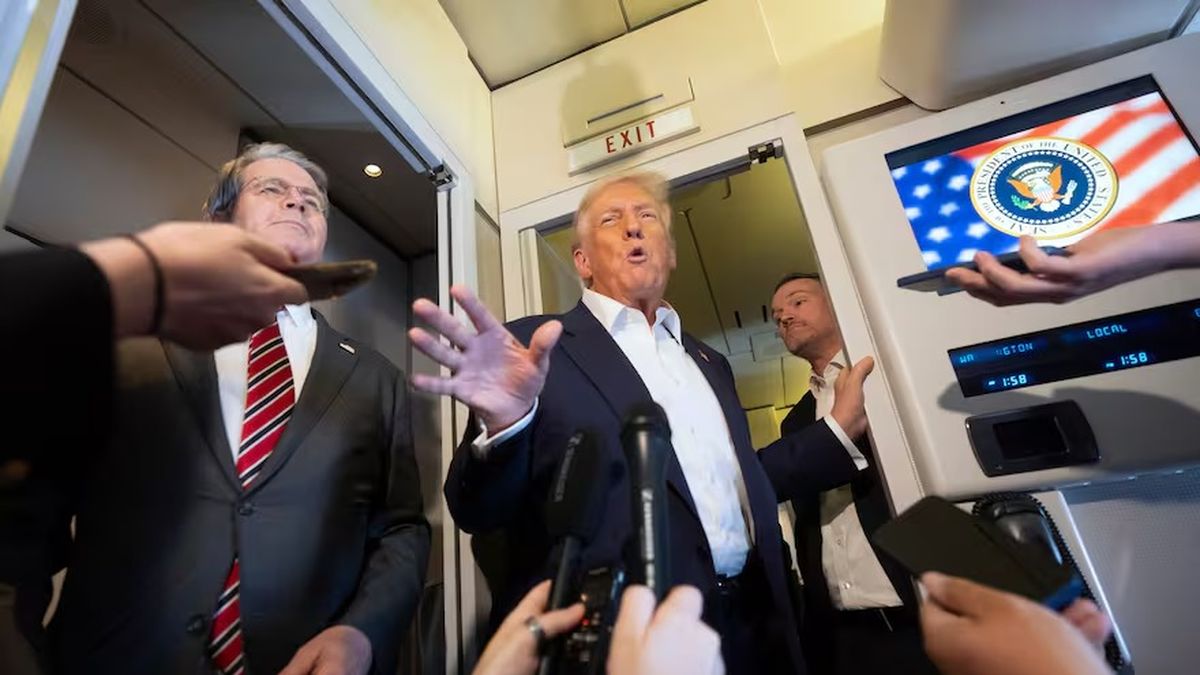The resounding triumph of Freedom Advances (LLA) In the legislative elections it changed market expectations drastically. If until Friday the consensus saw an outdated exchange rate scheme and a dollar on the rise starting today, the first post-election reaction was a sharp drop in the exchange rate. Will the band scheme be maintained, then? That is one of the main debates at the moment. Orlando Ferreres believes that the Government should not be tempted by a new appreciation and that it would have to change the regime now.
In dialogue with Scopethe head of OJF & Asociados, one of the most listened to consultancies in the city, considered that the lack of foreign currency “is one of the weak points of the current economic scheme” and, therefore, considers that the priority of the economic team should be accumulation of reserves. For the economist, this would imply a more expensive exchange rate.
In that line, Ferreres argued that it makes no sense to maintain the band scheme and that the time to change it is now: “A dirty float would be better”. Below is the interview he had with this medium.
Orlando Ferreres analyzed the post-election economic scenario and spoke about the future of the dollar
Journalist: What scenario opens up with this electoral result?
Orlando Ferreres: The Government achieved a very good result in CABA, in Buenos Aires and in all the provinces. This gives La Libertad Avanza a greater number of deputies and senators and also its allies. And starting on December 10, when the replacement of deputies and senators will take place, this will give it the possibility of making important structural changes, such as the labor reform, which could be copied from that of some neighboring countries, such as Uruguay. Also with respect to the Gross Income that affects the provinces and other taxes that can be lowered.
Q: What do you project in terms of exchange rates? Today we are already seeing a considerable drop in the exchange rate. Do you think there are risks if it is appreciated again?
OF: Yes, I think so. There may be a certain drop, as is already being seen, but it would be in the interest of the Government for it to remain relatively high to be able to buy reserves. So far, it has almost everything from the China swap, from the United States swap, from the Fund loan; has few reserves of its own. Then, it has to buy more reserves, as Brazil or Chile do, which have many of their own reserves and practically nothing borrowed. That would give the Government a lot of strength.
Q: Do you believe that the Government will go in that direction?
OF: I think you have to think about it carefully because it is the way to buy reserves. The equilibrium exchange rate, for our study, is $1,900, but designed for times where there was a fiscal deficit. If we subtract something for having a fiscal surplus, it would be $1,600-$1,700. In other words, it would still be higher. In addition, lowering the exchange rate can greatly encourage those who travel abroad, to Chile, Brazil, Miami or Europe. I believe that we must be realistic about exchange rates in order to have better reserves, which I believe is one of the weak points of the current economic scheme. And by having a slightly higher exchange rate, there could also be interest from investors, who can find the investments they have to make here at a relatively good price.
Q: Does that imply that they should directly modify the exchange rate scheme?
OF: I believe that the band’s values have already fulfilled their objective. Now there would be a time to let it rise a little and be able to have more balance in the reserves, more balance in the balance of tourists, more balance in the balance of services, which are giving negative results. That’s what I would do if I had to make the decision now.
Q: In your opinion, should they modify the exchange rate scheme now?
OF: I think it’s the right time. I don’t know what account they make, that sometimes they talk about the lower band. Now it is below $960 (it stands this Monday at $936.45); Obviously it no longer makes sense to talk about that lower band. It seems to me that a dirty float would be better, that is, managed by the Central Bank, which is a little higher and nothing more, with the political objectives of buying reserves and maintaining the current account balance of the external sector.
Q.: Regarding the real economy, we arrive at the elections with a new recessive process. What outlook do you see going forward?
OF: What is missing there is the investment part. It is good that there is RIGI and there are a few projects presented, but the great mass of investments is made by small and medium-sized companies. Sometimes the big ones make large investments of US$200 million or more, but you have to make the investment attractive to everyone. That would employ more people, reduce poverty and increase productivity and real wages, which depend on the productivity of the worker. I mean, I would do all that.
Q: Meanwhile, is the economy going to remain cold or could there be a rebound?
OF: There may be some rebound. Especially if the US interest rate falls, which could generate a moment of lower country risk with lower rates. The country risk has to drop to at least 500 basis points quickly. I hope so…
Q: With 500 basis points could I return to the market?
OF: It can return to the market, although with a little more cost. But obviously it would begin to enter the private market. Because until now it was only obtained from the International Monetary Fund, the IDB or the American Treasury, but very little from private banks and with many guarantees. This could happen if the country risk was clearly lowered.
Source: Ambito




